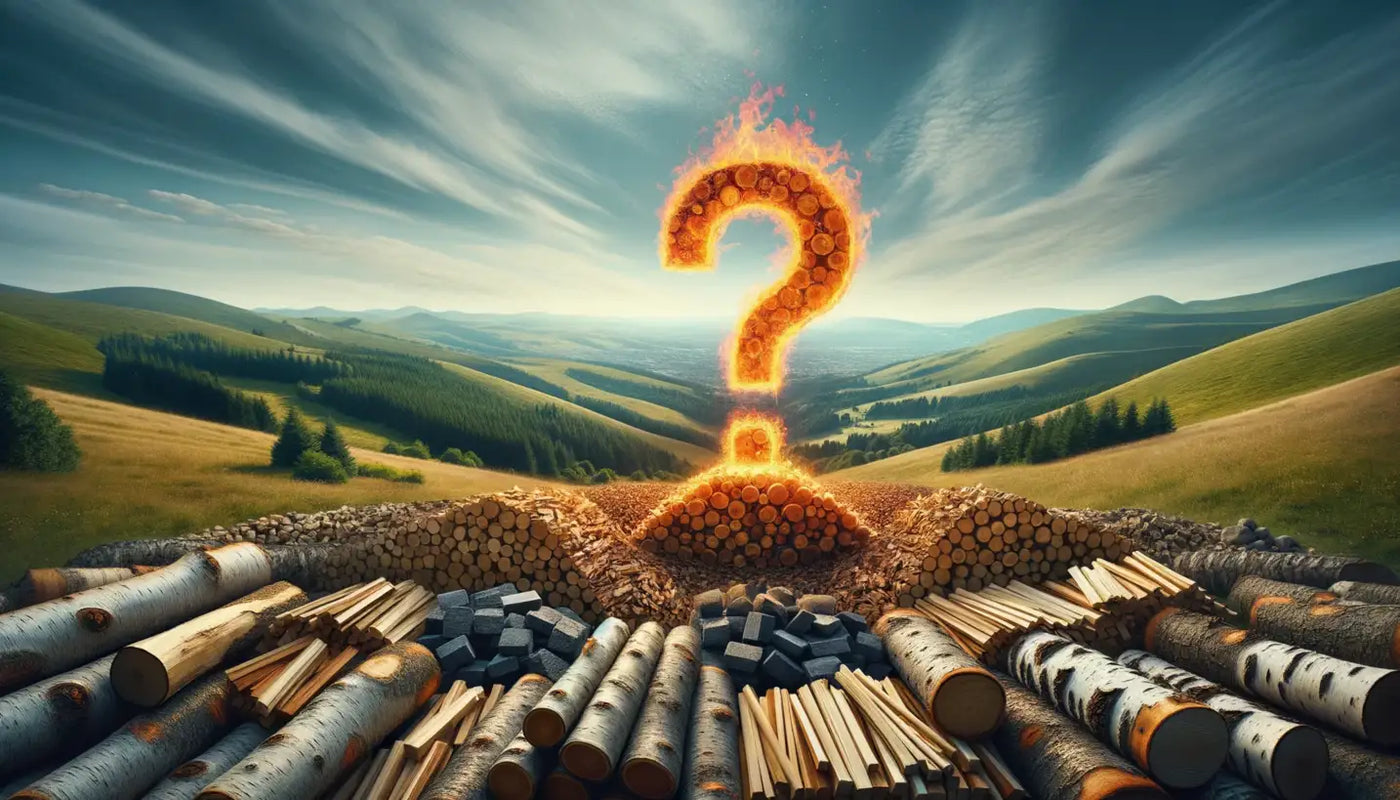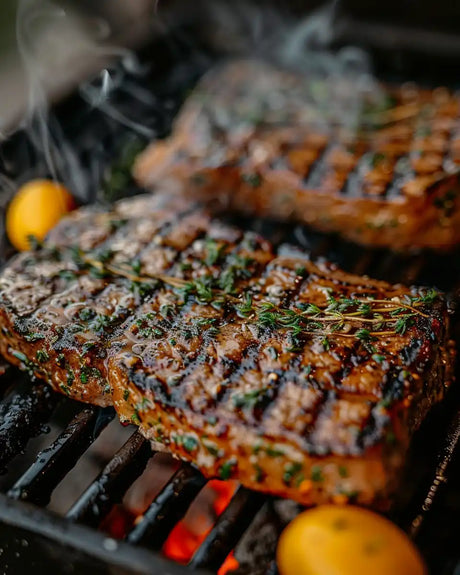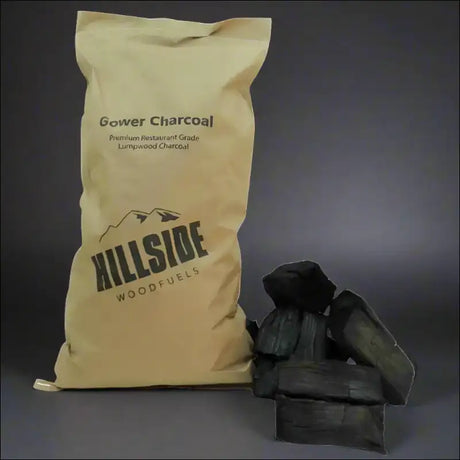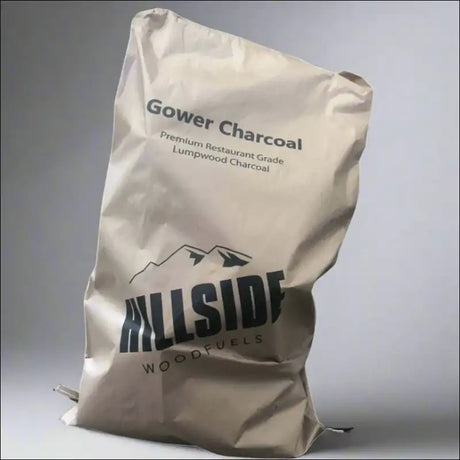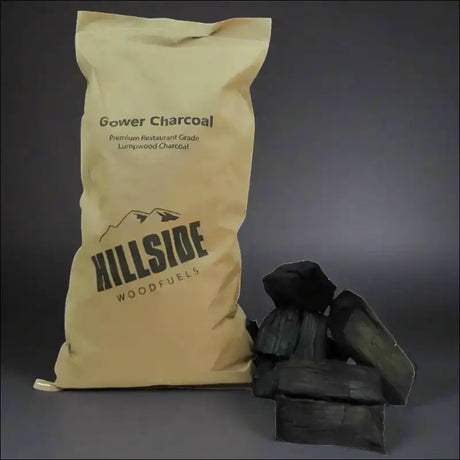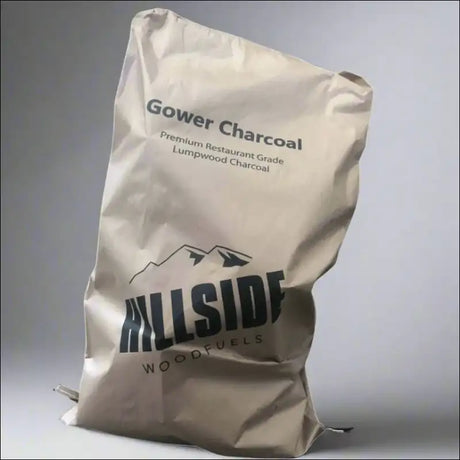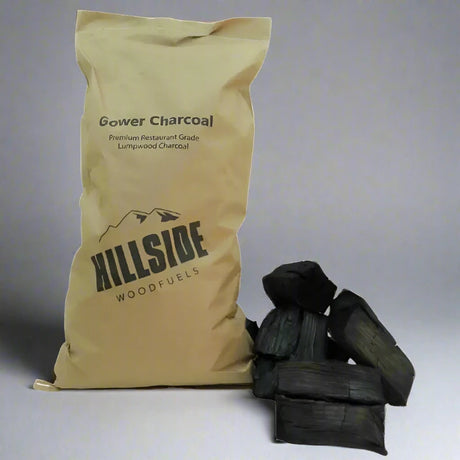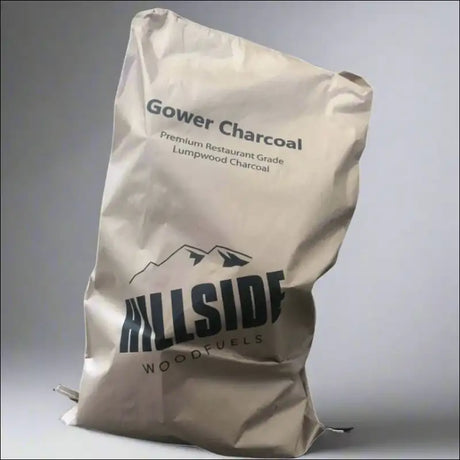Introduction
From the ancient pyres of our ancestors to the modern grills in our backyards, the humble charcoal has always been a constant companion in our cooking journey. Over the years, its popularity has seen a steady rise, especially in the realm of outdoor cooking and BBQ cultures. But have you ever wondered how this black, lightweight substance became an integral part of our culinary tradition? In this article, we'll delve into the remarkable history and evolution of charcoal in cooking.
The Origins of Charcoal
Charcoal, or 'black gold' as it was called in ancient times, was discovered quite accidentally. Our ancestors soon realised that wood, when burnt under controlled conditions, transformed into a substance that had superior burning properties. The process, known today as pyrolysis, involves heating wood or other organic materials in the absence of oxygen, resulting in charcoal.
One of the main advantages of using charcoal as a fuel source is its ability to burn hotter and longer compared to untreated wood. Additionally, it produced less smoke, making it a much more efficient and cleaner option for cooking.
Charcoal in Ancient Times
The use of charcoal as a cooking fuel dates back to prehistoric times. The Egyptians, Greeks, and Romans were all known to utilise charcoal for a variety of purposes, including smelting, blacksmithing, and of course, cooking. Charcoal's role in the evolution of early cooking techniques cannot be understated. It was the favoured fuel for open-fire cooking, a method still cherished by barbecue enthusiasts today.
Charcoal in Medieval and Renaissance Periods
Fast forward to the medieval and Renaissance periods, and charcoal continued to be a major player in the culinary scene. Advancements in cooking techniques saw the introduction of charcoal-fuelled ovens and stoves, transforming the way food was prepared. Beyond its practical implications, charcoal cooking held a cultural and social significance during this time, often associated with communal gatherings and festive occasions.
The Industrial Revolution and Charcoal
The Industrial Revolution brought about significant changes in the production and use of charcoal. The development of charcoal kilns allowed for the mass production of the fuel, catering to the increasing demands. However, this period also saw a shift from charcoal to other fuel sources, such as coal and gas. Despite the shift, charcoal managed to hold its ground in certain sectors, particularly cooking.
Charcoal in Modern Cooking
Today, we're witnessing a resurgence in the popularity of charcoal cooking. This renewed interest can be attributed to several factors, including the unique flavour profile that charcoal imparts to the food. We now have a variety of charcoals available in the market, including lump charcoal, briquettes, and even restaurant-grade charcoal.
Benefits of Cooking with Charcoal
If you're wondering what's so special about cooking with charcoal, then you're in for a treat. The smoky, earthy aroma and flavour that charcoal imparts to the food are simply incomparable. Whether you're grilling, smoking, or searing, charcoal offers a level of versatility that's hard to match. Plus, it provides an even heat distribution and temperature control, ensuring your food is cooked to perfection.
Charcoal Grilling Techniques
When it comes to charcoal grilling, there's more than one way to cook up a feast. You can opt for direct grilling for quick-cooking items, indirect grilling for slow-roasting, or even smoking for that extra depth of flavour. But remember, grilling with charcoal requires a bit of skill and practice. So don't be disheartened if your first few attempts don't yield the desired results. Keep experimenting with different dishes and recipes, and you'll soon master the art of charcoal grilling.
Safety Considerations
While charcoal cooking can be fun and rewarding, it's important to keep safety at the forefront. Always ensure proper ventilation when using charcoal to prevent the build-up of harmful gases. Be mindful when lighting the charcoal, and never leave a lit grill unattended. Regular cleaning and maintenance of your charcoal grill and equipment can also go a long way in ensuring a safe and enjoyable cooking experience.
The Future of Charcoal in Cooking
The world of charcoal cooking is set to see some exciting developments in the future. Innovations in charcoal cooking technology, coupled with the increasing awareness about environmental sustainability, are driving the trend towards more eco-friendly charcoal alternatives. One such example is sustainable wood, which promises a renewable source of charcoal that's kind to our planet.
Conclusion
So there you have it, a brief yet insightful journey through the history and evolution of charcoal in cooking. Despite the advent of modern cooking technologies, the allure of charcoal remains undiminished, offering a unique culinary experience that's both primal and sophisticated. As we look forward to the future, one thing's for certain - the love for charcoal cooking isn't dying out any time soon. So why not stoke the flames of this ancient tradition and explore the exhilarating world of charcoal cooking? Who knows, you might just find your new favourite grilling technique!

